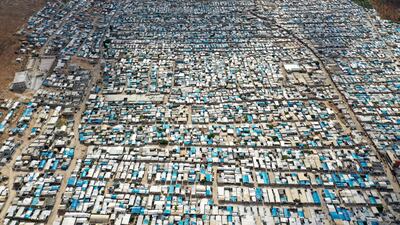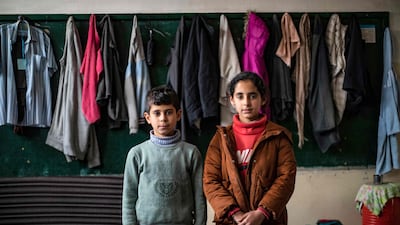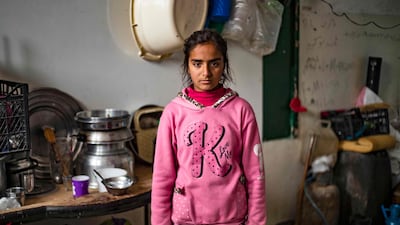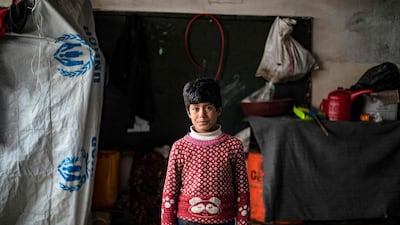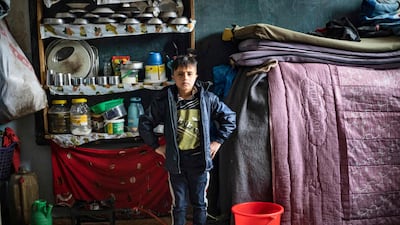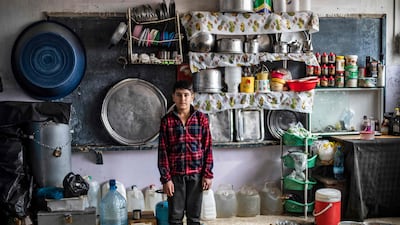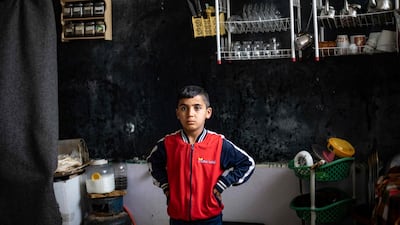United Nations Secretary General Antonio Guterres has appealed to the Security Council to extend its approval of aid delivery from Turkey to millions of people in need in north-west Syria for a year.
The UN mandate, which has allowed deliveries from Turkey to Syria's opposition-controlled north-west, expires on July 10.
"We cannot give up on the people of Syria," Mr Guterres said.
Long-time ally Russia argues the long-running operation is a breach of Syria's sovereignty and territorial integrity. Moscow says more aid should be delivered from inside Syria, raising opposition fears that food and other aid would fall under government control.
Mr Guterres said the UN in the past year has made five such deliveries — known as cross-line — into the north-west but not "at the scale needed to replace the massive cross-border response".
"I strongly appeal to the members of the council to maintain consensus on allowing cross-border operations," he said. "It is a moral imperative to address the suffering and vulnerability of 4.1 million people in the area who need aid and protection."
Mr Guterres said 80 per cent of those in need in north-west Syria are women and children. About 800 lorries deliver aid from Turkey each month under the UN operation, which the Secretary General has asked is extended by another year.
"When it comes to delivering life-saving aid to people in need across Syria, all channels should be made and kept available,” he said.
Nearly 10,000 lorries loaded with humanitarian aid passed through Bab Al Hawa last year bound for the rebel-held Idlib region, AFP reported. It is the only crossing through which aid can be brought into Idlib without navigating areas controlled by Damascus.
Linda Thomas-Greenfield, the US ambassador to the UN who this month visited the Turkish border crossing, told the council it had to make a "life or death decision" and that more aid, not less, was needed.
"Cross-line aid alone cannot come close to meeting the dire needs on the ground," she said. "It can reach thousands but not millions. Much more help is needed."
In 2014 the Security Council authorised humanitarian aid deliveries into opposition-held areas of Syria from Iraq, Jordan and two points in Turkey. But veto powers Russia and China have whittled that down that down to only one Turkish border crossing.
Russia's deputy UN ambassador Dmitry Polyanskiy described as "pitiful" the UN efforts to deliver aid to the north-west of Syria from within the country.
China's UN ambassador Zhang Jun said the cross-border aid operation was an "extraordinary arrangement" and a timetable needed to be agreed to end it and focus on deliveries from within.
Turkey's UN ambassador Feridun Hadi Sinirlioglu asked: "Can anyone, who respects human life and who respects the fundamentals of the UN Charter, afford to disrupt such a vital system?"
Dozens of aid groups and six senior UN officials have called for a year-long renewal of the cross-border aid authorisation, which was last extended in January for six months.
Eleven years into Syria's civil war, three million people live under the rule of allied rebels in the Idlib region.
Half of them have been uprooted from their homes in other parts of the country and rely heavily on international aid.
